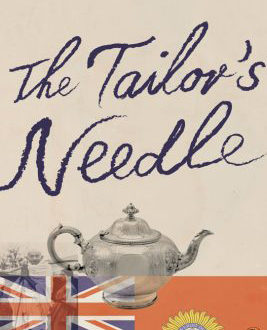The Improbable in Fiction
In fiction, the virtually impossible can happen; call it co-incidence, magic, or sheer chance. The important thing is that fiction breeds these less likely occurrences, which feed the curious reader’s mind. It is these that avid readers hunger for more than other elements of fiction. What seems unlikely in life becomes the very factor on which fiction builds its nests. We love to see the improbable happening in fiction, perhaps because it rarely happens in our lives, though we may want it to happen even in that space. Therefore, fiction fulfills a need of the human psyche that life does not usually promise.
Plots, in fiction, link up situations or incidents that would rarely get linked up in life. Sometimes, events are arranged to give Chance a chance to act. This can be seen in fiction, from authors like Thomas Hardy to more contemporary authors like Khaled Hosseini. If fiction contained merely the probable, it could get boring. If one says, ‘I went out on the road, and nothing unusual or unlikely happened,’ hardly anyone will find interest. But if a man says, ‘I went on the road and, to my surprise, met a witch who gave me a toothless smile,’ people would listen to him with interest. No wonder there is so much demand for fantasy and magical realism.
Literariness itself takes you towards lies and the improbable. The best example of this is the metaphor. In a statement like “All the world’s a stage,” there are many lies and some truth. How can the world be a stage? Readers, on reading such a statement, would like to temporarily believe that the statement is wholly true even though it is highly improbable. We want to make the improbable probable. Hardy aptly tells us what the human lot is like in a poem, “To an Unborn Pauper Child”:
“. . . such are we –
Unreasoning, sanguine, visionary –
That I can hope
Health, love, friends, scope
In full for thee; can dream thou’lt find
Joys seldom yet attained by humankind!”
When we read a novel, we want to know what will happen next as we go along. Whatever is to happen can be divided into two main parts: the probable and the improbable. If a novelist keeps choosing the probable, as the plot unfolds, the novel will tend to become uninteresting. On the other hand, if there are some improbable happenings between the probable ones, the novel will become more interesting. We want to see what does not normally happen, coming to past in a novel. If a leader’s vehicle passes from a spot and passes on, nothing will interest the reader in its movement. But if someone fires on the vehicle as it passes the spot, it will acquire some interest because this is unlikely to happen daily.
